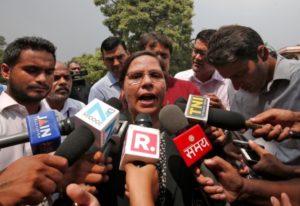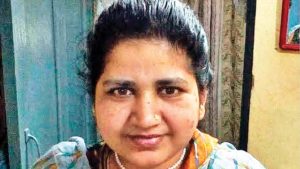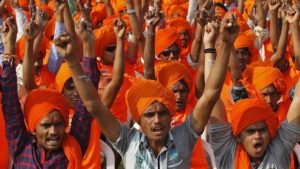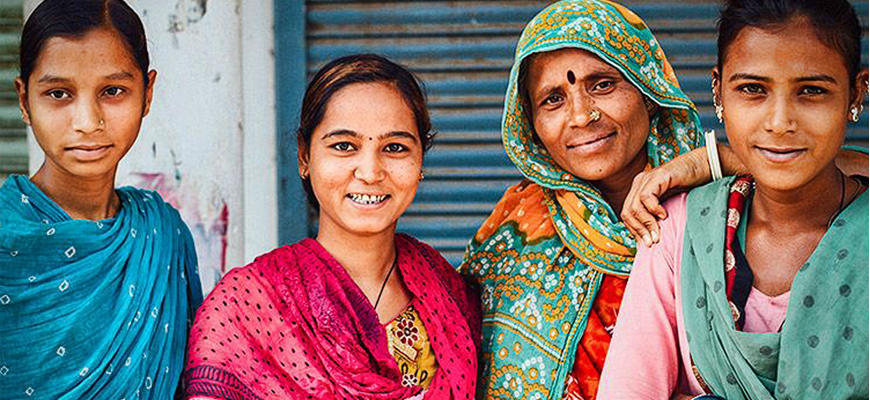
Muslim women in India have something to celebrate given the Supreme Court ruling in August 2017 that banned the controversial practice of instant divorce. Previously, Muslim men could divorce their women by simply saying “talaq” three times, a system that came to be known as triple talaq. This system was said to be both unconstitutional and un-Islamic in nature in the Supreme Court ruling.
The ruling was made because of the fact that there existed no proof of such a system in the Koran. In actual fact the religious book has a different process for settling divorce, which includes attempts at reconciliation.
Before being out-ruled, India was among the few countries around the world that allowed divorce through talaq even though a large majority of Islamic countries had banned it. As a result, the advent of messaging platforms like WhatsApp and Skype made it even easier for women to be divorced by their husbands.
How It All Started

Shayara Banu is perhaps the most recognized Muslim woman in India. She was the one who moved to court to have the system banned. The 35 year old, who had been married for 13 years, encountered the talaq system first hand. Her husband ended their abusive marriage by offering her an instant divorce. She later on appealed to the Supreme Court to challenge instant divorce, an appeal that attracted many women groups in India.
Women are not the only ones affected by the talaq system. There are a number of men who have also regretted issuing their wives with talaq. Given the irreversible nature of talaq, most of them fail to get their wives back afterwards.
Depressed Community Of Women
Islam is one of the largest minority religions in Hindu-dominated India and makes up 14% of the entire population. However, they are the least developed in terms of education and income levels. This makes divorced women more vulnerable because they usually lose the financial support of their husbands. Furthermore, children always suffer a lot. This is because the children of instantly divorced women usually find themselves at the mercy of their maternal relatives.
The Right-Wing Hindu Movement

While some Muslims see this as a win, some are quite apprehensive of it. They look at the whole issue in a different manner, one that involves the right-wing Hindu movement. They believe that the Indian government supported the issue in order to gain more support from the right-wing Hindu groups.
By winning this case, some Muslim groups feel that this will allow the right-wingers to constantly interfere with their religion.
The Government And Muslim Marriage Policies
In the ruling, the government was tasked to create a new law within 6 months to govern Muslim marriage and divorce. The Muslim community is not apprehensive of this development. They prefer to be left to handle their own institutions in the way that they know best.
As a result, there have been murmurs that this part of the ruling will give the government leeway in oppressing their religious practices. They also fear that the judgement itself will portray Islamic religion in bad taste and vested interests may take the opportunity to castigate the religion.
There is also the problem of having other appeals in the Supreme Court that seek to ban other Muslim practices e.g. a ban on the wearing of hijab by women, halal slaughtering of animals, morning prayer calls, etc.
Other Marriage Concerns
There are many people and organisations that believe that there are crucial marital problems that need to be addressed, not only in the Muslim religion but in others as well. Their argument is based on the fact that the number of women who have been given talaq represent a small portion of those divorced.
Furthermore, wife abandonment rates are considerably higher than cases of instant divorce. There is also the case of marital rape that the Supreme Court refused to criminalize. These people believe that such cases should be at the centre of national argument.
However, everyone agrees that this ruling is a step in the right direction. In order for Hindu women to be made equal in terms of worship and social status, the Indian government as well as the Supreme Court should ensure that all laws made are progressive.
Check out controversial outbursts on increased airtime given to LGBT.
